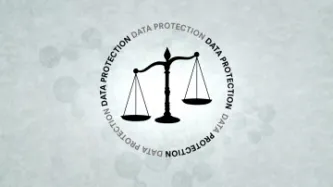Advanced Search
Content Type: Long Read
1. What is the issue?Governments and international organisations are developing and accessing databases to pursue a range of vague and ever-expanding aims, from countering terrorism and investigating crimes to border management and migration control.These databases hold personal, including biometric, data of millions if not billions of people, and such data is processed by technologies, including Artificial Intelligence (AI), to surveil, profile, predict future behaviour, and ultimately make…
Content Type: Impact Case Study
What happenedIn the aftermath of 9/11, Governments across the world rushed to legislate to expand surveillance. GovernmentsMoved to limit debate and reduce consultations as they legislated with speed.Created new systems to collect data on all travellers, for the purpose of profiling and risk scoring.Expanded identity schemes, and began demanding biometrics, particularly at borders.Developed financial surveillance mechanisms on an unprecedented scale.What we didFew non-governmental…
Content Type: Impact Case Study
What happenedStrong and effective data protection law is a necessary safeguard against industry and governments' quest to exploit our data. A once-in-a-generation moment arose to reform the global standard on data protection law when the European Union decided to create a new legal regime. PI had to fight to ensure it wasn't a moment where governments and industry would collude to reduce protections.In January 2012, the European Commission published a proposal to comprehensively reform the…



